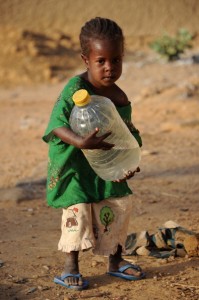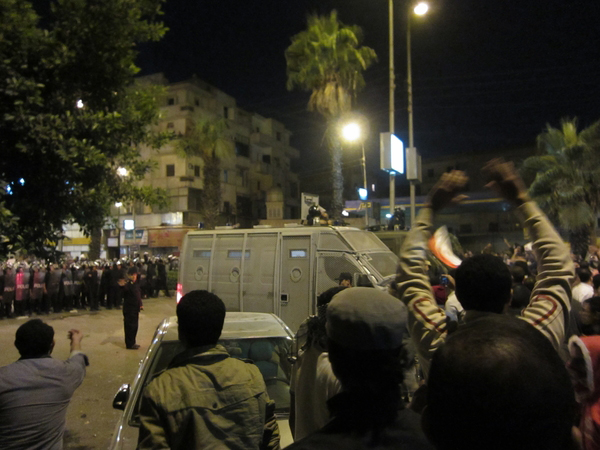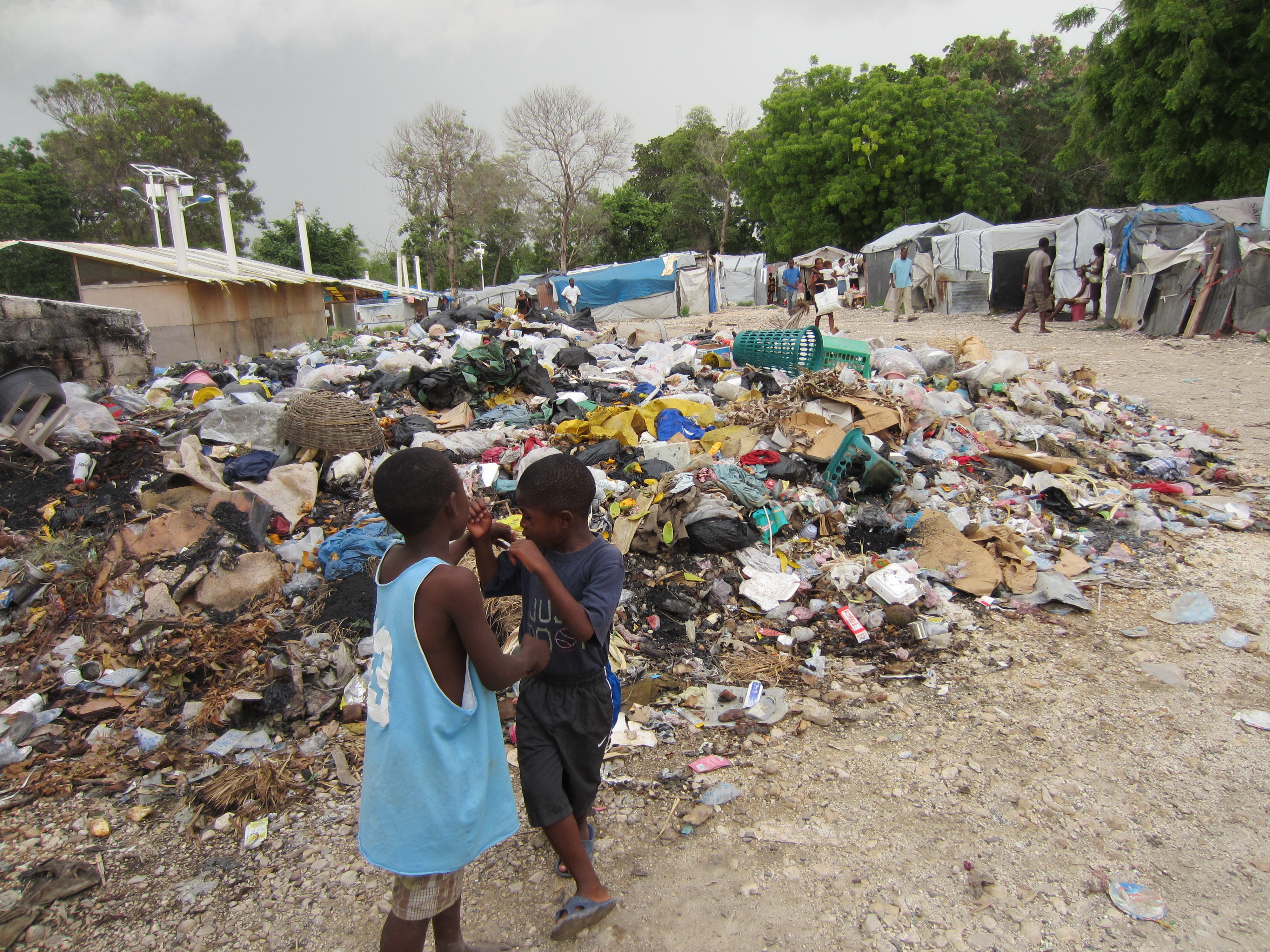
A Malian girl carries a water can she just partially filled at a water pump in northern Mali’s city of Gao (Photo credit should read Pascal Guyot/AFP/Getty Images).
Water is a women’s issue. World Water Day, March 22, is Women’s Rights Day.
As basic economic, social and cultural rights, water, sanitation and hygiene (WASH) are a government’s responsibility. As a women’s rights issue, WASH is a concern for us all.
There is a great deal of evidence backing this up.
Every year, 40 billion working hours are lost to water collection worldwide, mostly by women and girls. This violates their rights to employment and education by taking up time and energy; and their rights to safety and dignity by exposing them to injury, animal attack, and physical and sexual violence. Since the water they collect is usually unsafe (if it were safe, chances are they wouldn’t have to walk far to get it, because a tap would be available near home), it violates their right to health, exposing them to Neglected Tropical Diseases, diarrhea, even uterine prolapse from carrying heavy loads.
Lack of sanitation and safe drinking water violates the right to safe and adequate housing. Combined with poor hygiene, it makes people sick because they ingest fecal matter without even knowing it, creates breeding grounds for insects carrying diseases like trachoma, and contaminates water sources; water-borne illnesses impact children most, keeping more kids from school and causing trauma for the many parents whose children don’t survive these diseases, up to 2,000 each day.




